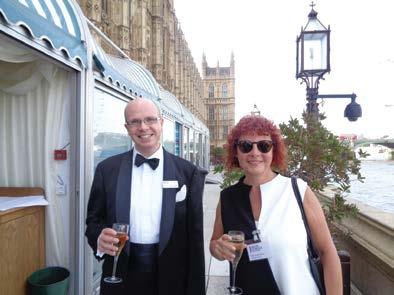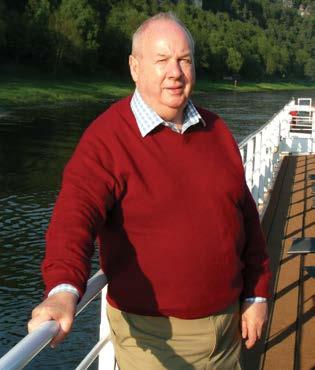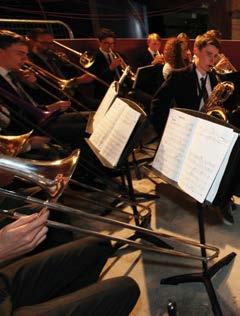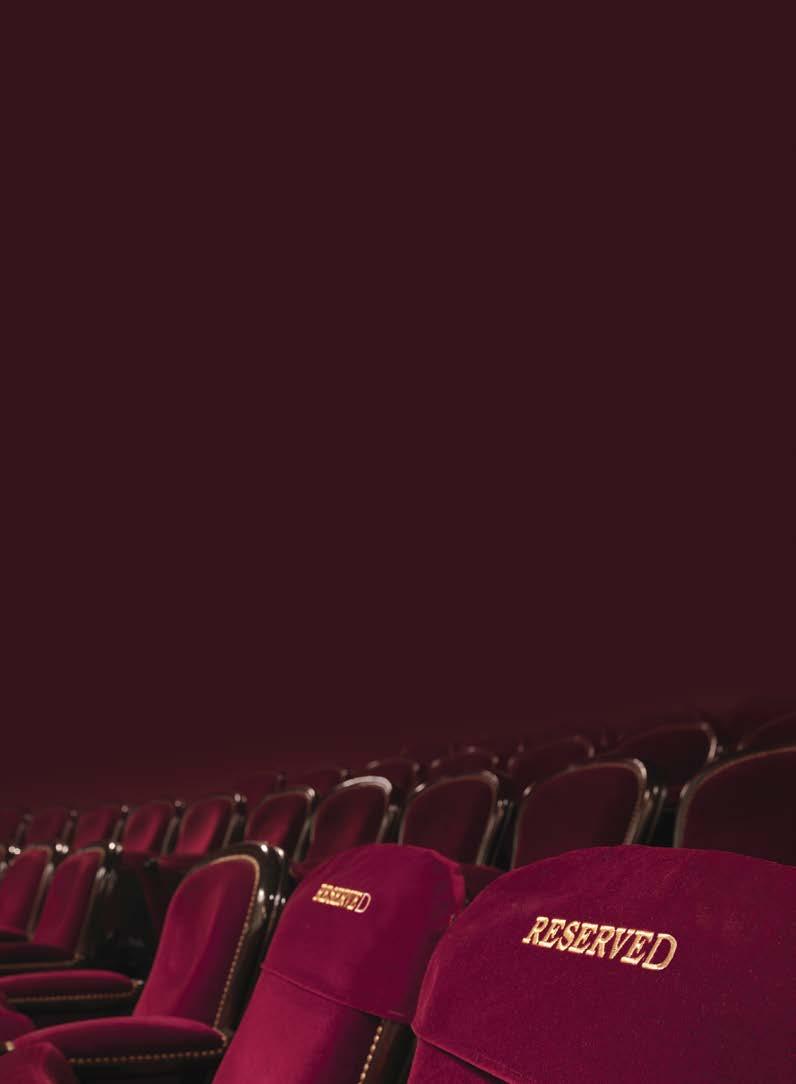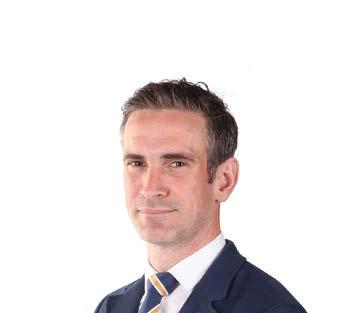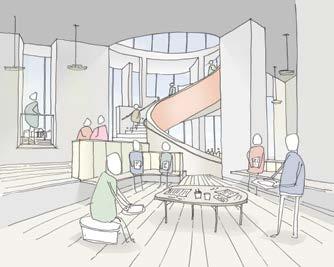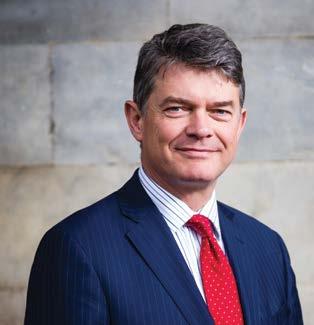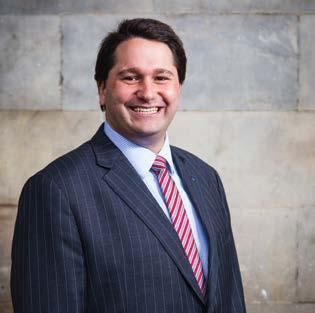
6 minute read
Eilish McColgan: Interview

5 Steps to Becoming an Olympic Athlete
Former pupil Eilish McColgan, daughter of champion runner Liz McColgan (pictured bottom left), is a double Olympian middledistance athlete. This year she reached the final of the Women’s 5000 metres in Rio, and recently came to talk to our pupils about her experiences. Here’s what they learned from talking to Eilish about her journey to the top.
Start slow
“My training was organised around school, and school always took a priority. It used to drive me insane but my Mum always used to say to me that whatever you do as a Junior really doesn’t matter. It’s not important in sport, because what you do as a Senior is what people will remember, and she is right. A lot of the kids that were training really hard and training like adults, really focusing on their training rather than being at school, those were the ones that had left the sport by the time they were seventeen, eighteen. They were burned out and didn’t enjoy it any more. It’s really about trying to balance it all. It’s difficult to do, but there’s no reason why it can’t be done, because when you become a Senior that is when the hard work does begin – that’s when you can allow your athleticism priority.”
Keep your options open
“When I was in Form 4 I didn’t know I was going to be an athlete, that’s for sure. Obviously I was good at running but I was nowhere near the level needed to have a career in athletics. I looked at a lot of other career options. I looked into Physiotherapy, Dentistry – I tried quite hard to keep my options broad as I wasn’t too sure what I wanted to do. I loved Maths throughout school, so I ended up choosing Maths and Chemistry at university. I’m glad I did; it was something I really enjoyed. Once my athletics career is over at least I’ll have something to fall back on and focus on.
I first went along to my local club, the Dundee Hawkhill Harriers, when I was in Primary 7. At that point I had no ambitions to be a professional athlete, it was just a hobby, something that I loved doing. It was a hobby right the way through school. Then when I went to university, my main focus was getting my degree. I lived like a normal student as well – I had a great time and I don’t regret it at all. Then when I got to about eighteen or nineteen, quite late on in my career, I came to a crossroads where I needed to make the decision about whether I wanted to continue with running as a hobby, or whether I wanted to take it and become a professional athlete and see how far I could go. I wasn’t too sure. So it wasn’t until that point that I decided to really focus on it, and that changed everything. I stopped having a student lifestyle and started eating much better, started making sure I was sleeping so many hours a night. I started training much harder and I changed little things to try and give myself the chance to be a professional athlete. The improvement that I made within one year was huge.”

Prepare for setbacks
“My parents were always open about the fact that there would be more lows than highs in athletics, which has been true. It hasn’t been plain sailing, with the amount of injuries I’ve had. I think elite sport is like that; you have to fight your way up. It’s been like that for me to get to both Olympic games. At the same time, the high points make you forget about your struggles. The whole of 2015 I was struggling with broken ankles and illnesses. I felt like I was in a big hole which I couldn’t get out of, but as soon as I got into the Olympics I forgot about all that and thought ‘This is a brilliant year!’. I’m very fortunate to have my Mum, who has been my coach from the very start. She was always vocal in saying it would be tough and not to have any preconceptions based on talent – you always need to work hard.”
Quarantine yourself
“The highlight of my whole career was London 2012. The Olympics is a special place to go – it’s completely different from every other championship. You’re enclosed in a bubble, and within that bubble you have big high-rise buildings where all the athletes live. You do not leave this two-mile compound for the whole time that you’re there. There’s a big food hall that’s open 24/7 – that’s where you eat every single day. There’s a McDonald’s; there’s a bank; there’s a Post Office; a hair and nail salon, a convenience store. It’s crazy, the amount of things that they pack in to this little world. There’s a big wall around the perimeter so that nobody can get in, and you can’t leave. It’s very secure.
There were so many people within this small bubble, though, and viruses and illnesses started to spread like wildfire. As soon as one person gets it it’s like a plague throughout the camp, and everyone starts getting ill one by one. So I was quite unsociable before my event, and barely left my room. I stayed in bed for as long as I could, and barely spoke to anybody. I know it sounds extreme but I didn’t want to get ill – I had to keep myself to myself. At that point you’ve had four years of hard training: blood, sweat, all the tears you’d cried in order to make that start line, and then one single sneeze and it can be gone. It sounds crazy but it’s true. It spreads so quickly that you have to do everything that you can to eliminate that chance of getting ill.”
Never be satisfied

“Making the team for Rio 2016 was a big achievement for me, because in January 2015 I broke my ankle. I was out on a run and I twisted and fractured it. For the whole year I was in a big boot and crutches, and the bone just wouldn’t heal, so I ended up having surgery. They put two screws in my ankle to strengthen it, so 6 months later making the team in Rio was a huge achievement. As soon as you make that team, though, your goals and ambitions then change. My goal for the year was to be back running and I achieved that; then I wanted to go the Olympics, and I achieved that. So when I was there, to make the final was amazing. I ended up coming 12th, which I was slightly disappointed with. That’s crazy, though, because when you are coming 12th across everybody in the entire world, that’s incredible. I’m very, very fortunate that this is my fulltime career.”


